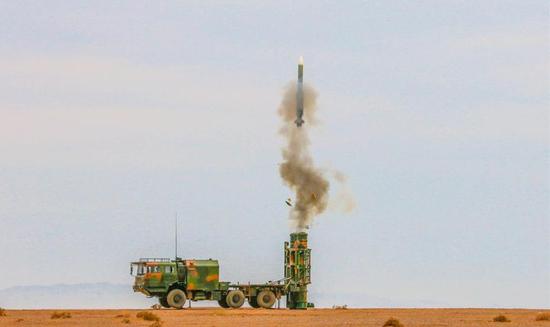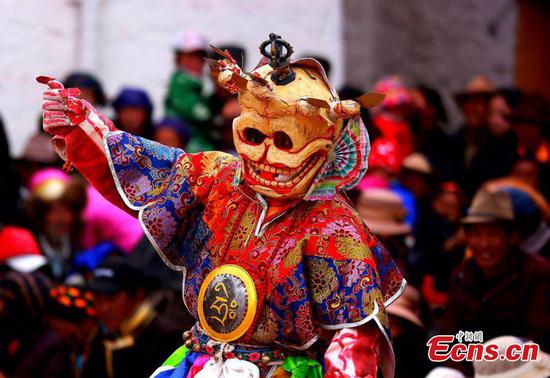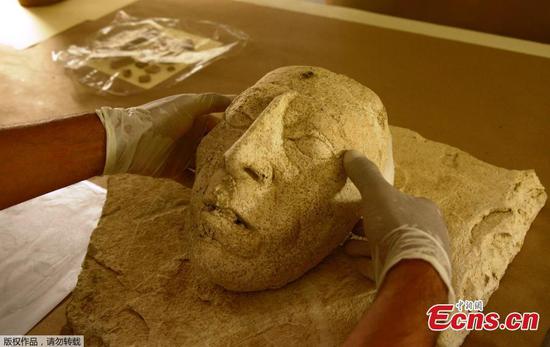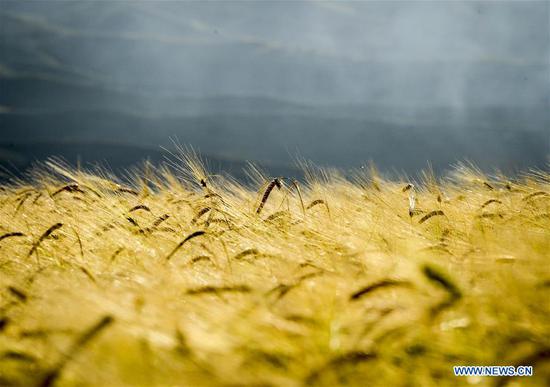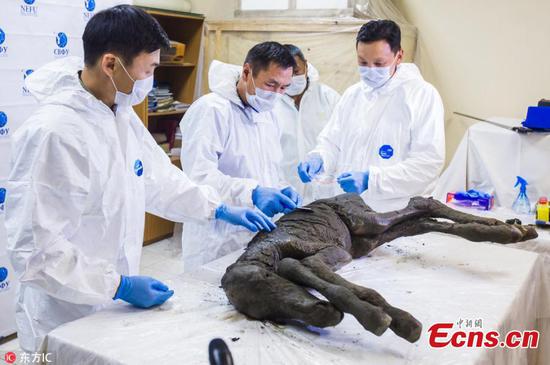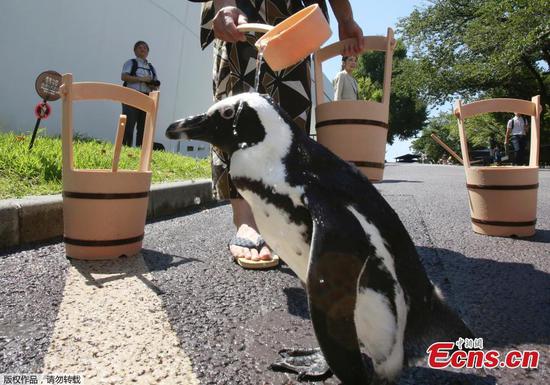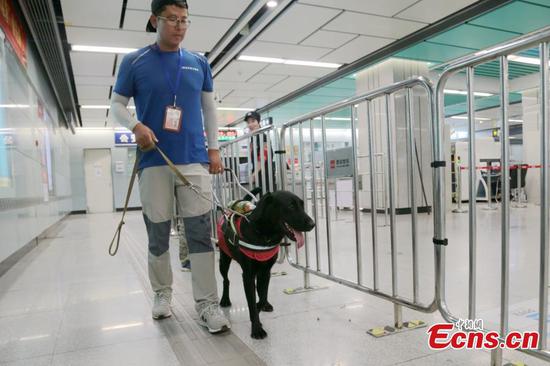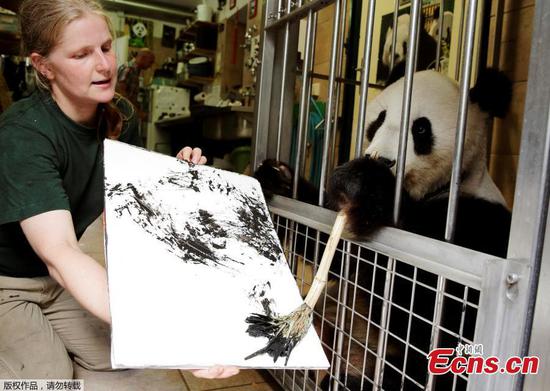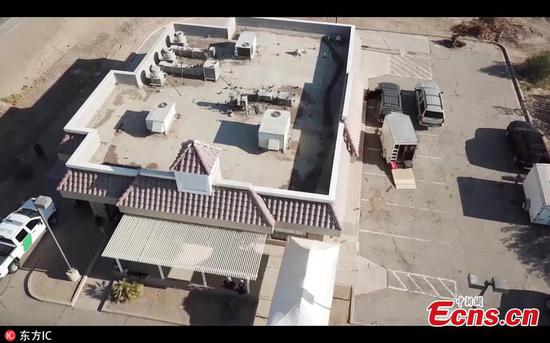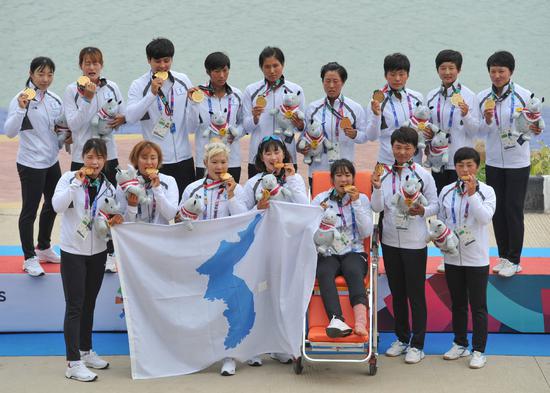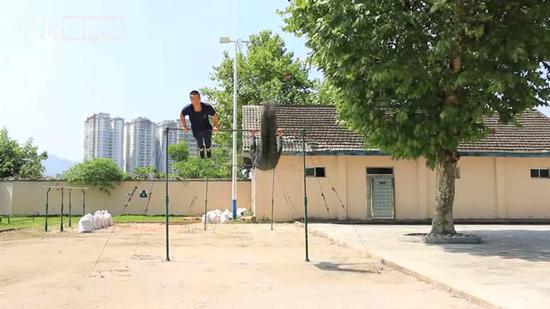China is expected to fully enforce its new individual income tax law starting next year, according to a draft amendment to the current law, which Chinese lawmakers reviewed on Wednesday, People's Daily reported.
From October 1 to December 31 this year, the minimum threshold for personal income tax exemption will be raised from 3,500 yuan ($ 513) to 5,000 yuan per month, as the draft indicated.
It also adds special expense deductions for items like caring for the elderly, children's education, continuing education, treatment for serious diseases, and housing loan interest and rent.
Xu Shaoshi, a member of the Standing Committee of the National People's Congress, was quoted as saying in the People's Daily report that the State Council, China's cabinet, will decide the scale and standard for special expense deductions, which will then be placed on record in the committee. "Time is limited," he noted.
Many committee members said the revised draft is more mature, according to the report, and they approved the revisions, hoping it can be implemented as soon as possible.
Individual income taxes were the third major contributor to China's overall tax revenue, behind the value-added tax and enterprise income tax. In 2017, China collected individual income taxes worth nearly 1.2 trillion yuan, or about 8.3 percent of total tax revenue.
The current law has undergone seven revisions since it was passed in 1980, when the original threshold for individual income tax exemption was 800 yuan per month.










